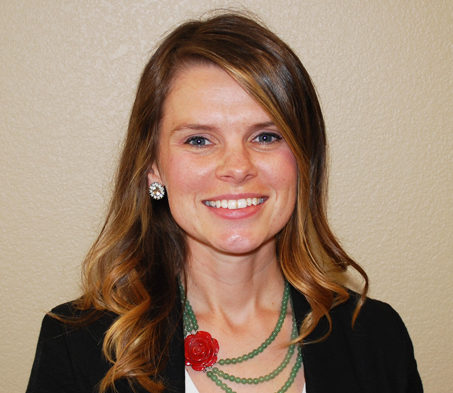It’s no surprise that my children occasionally engage in the age-old practice of name-calling. Of course, my husband and I don’t allow this, but we have also made a point of teaching our children the difference between someone’s behavior and their identity. It isn’t that our four-year-old never lies about whether or not she hit her big sister, but that doesn’t mean she is a liar. We want our children to understand how powerful name-calling can be.
As adults, we like to think that name-calling is a thing of the past; that we have left our childish ways behind. Can we, with integrity, say this is true when we reflect on the words that have parted from our lips or the attitudes we have justified in our private thoughts? It is easy to recognize all the things that are “wrong” with someone, all the things that need to be “fixed,” and to label them accordingly.
Sometimes we approach evangelism as if we are reflections of the Holy Spirit and are thus responsible for convicting and correcting. We begin to believe the enemy’s lie that what unbelieving people really need is to just stop sinning in order to be connected to God. I know that we have been called to be holy because God is holy (1 Peter 1), and I understand both the value and the importance of holiness. But evangelism is not about identifying sin. Evangelism is about the good news that we are loved and worth Christ’s sacrifice even “while we were still sinners” (Rom. 5:8).
“In this world we are like Jesus,” Paul writes in 1 John 4 after describing in length the importance of living in God’s love—compelled by it, transformed through it, indwelled with it and messengers of it. Evangelism requires that we be like Jesus, who came to this world as a clear and undeniable expression and explanation of God’s love. Scripture says Jesus wasn’t assigned the job of convicting the world of their sins but of saving people from their sins (John 3:17). Holiness is not a pre-requisite for relationship with Jesus; that’s the whole point of the gospel.
Evangelism requires us to see people as if they were fully restored in Jesus; only then can we speak the words of life over them that faith in Jesus offers. The young and weak Gideon was hiding in a wine press when a messenger of the Lord came and called him “mighty warrior”—as if being a victorious warrior was already his identity even though he had never fought in or won a single battle. The Lord spoke over Gideon his destiny in the Lord. The Lord’s restorative name-calling led to Gideon becoming exactly who God had made him to be.
When I rub shoulders with unredeemed-sinners, the enemy tempts me to do some name-calling: Jerk. Liar. Fool. Pervert. Drunk. Lost-cause. I am in direct contradiction to the work of the gospel when I let those curses flow from my lips. Instead, I’m asking the Holy Spirit to show me glimpses of who these people will be when their lives are saturated in God’s love and truth so that I can give my best shot at calling them names like Beloved, Wanted, Called, Important, Chosen, Forgiven, Healed, Whole, Restored.


Sara Jo Waldron has served as youth pastor at Hillsboro (Kansas) MB Church for six years and is currently chair of the Southern District Conference Youth Commission. She is co-activity director with her husband, Lee, at the SDC senior high camp. The Waldrons have three children and the family lives on the Tabor College campus were Lee is the resident director for the Men’s Quad.



















